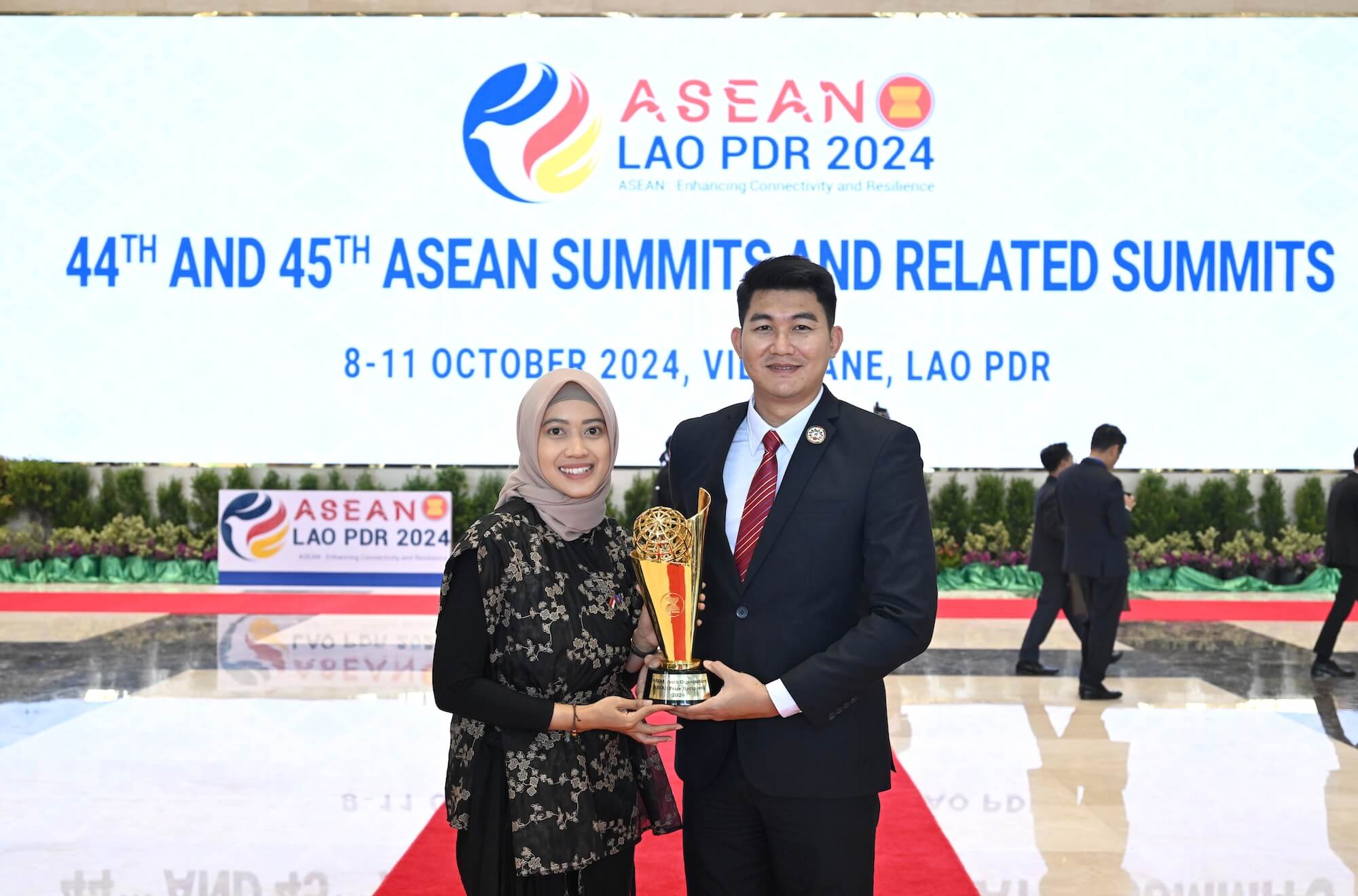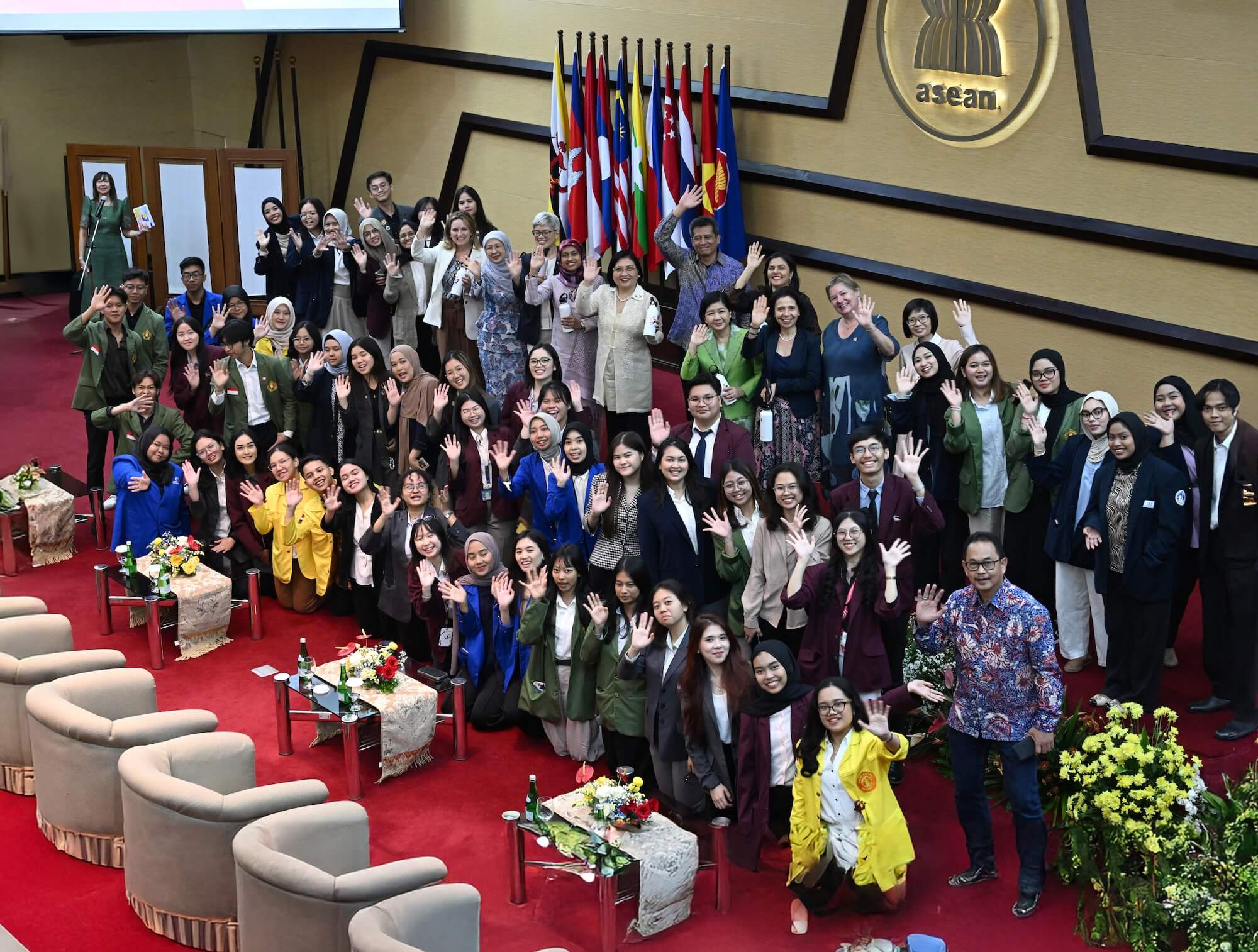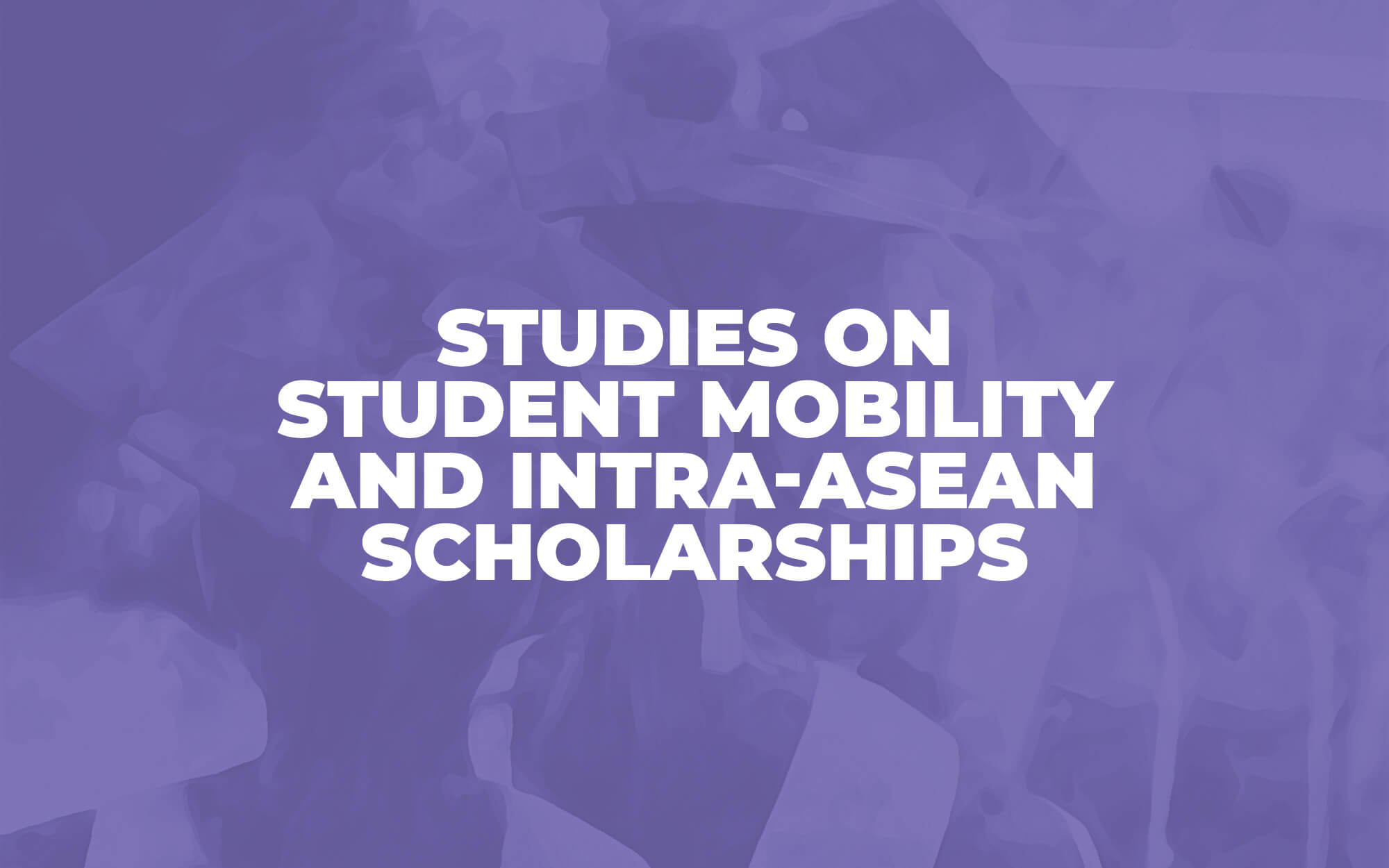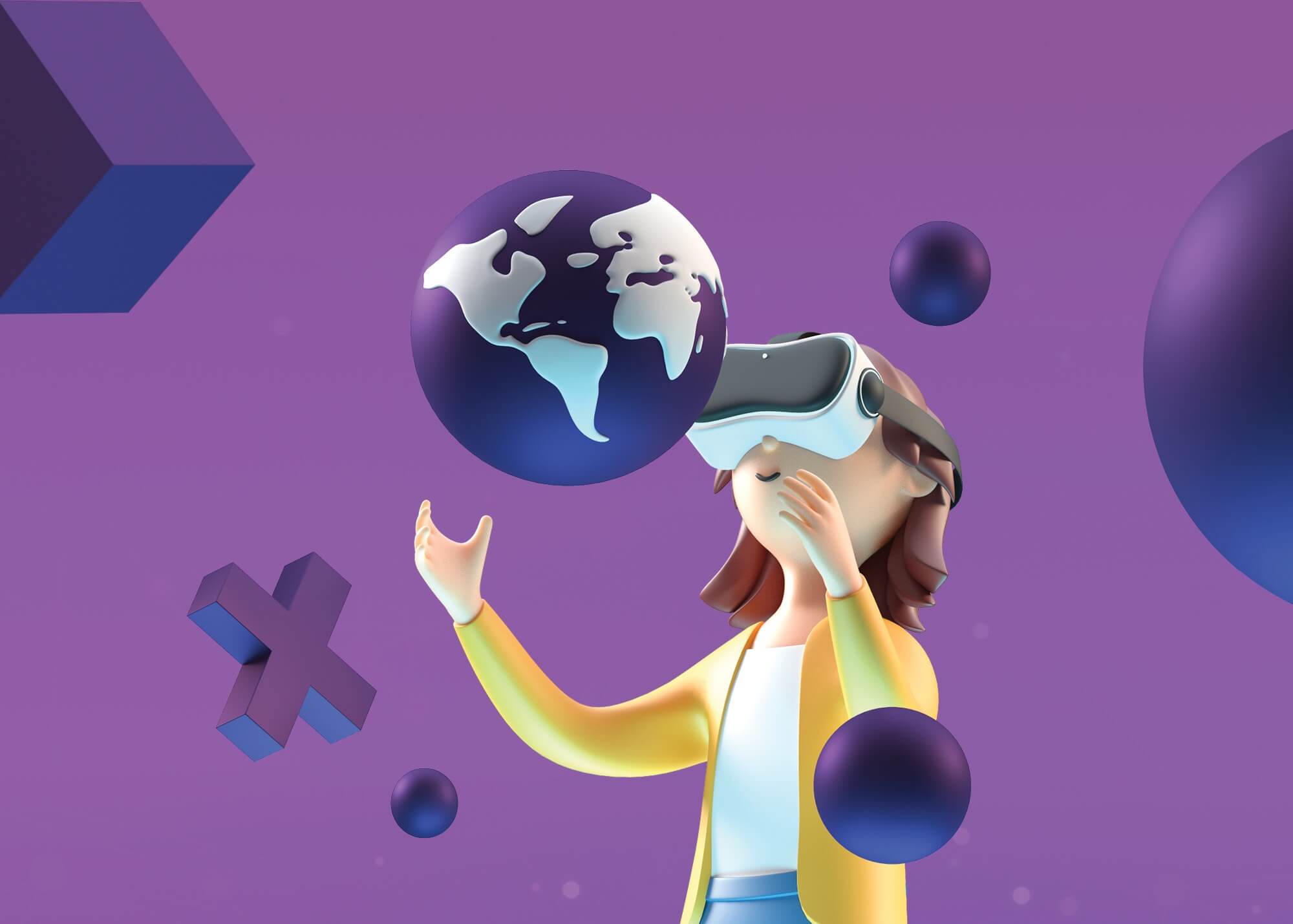
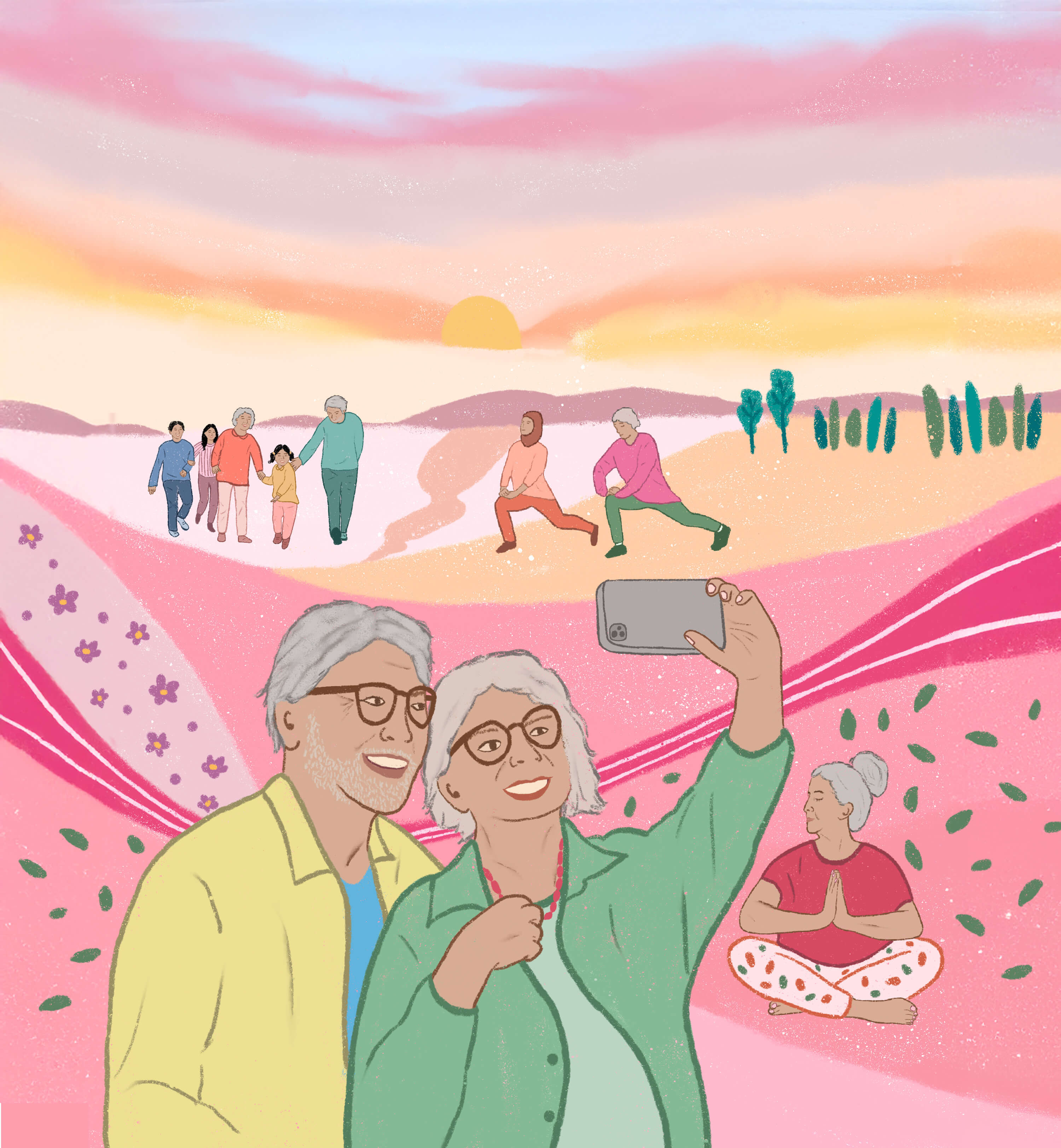


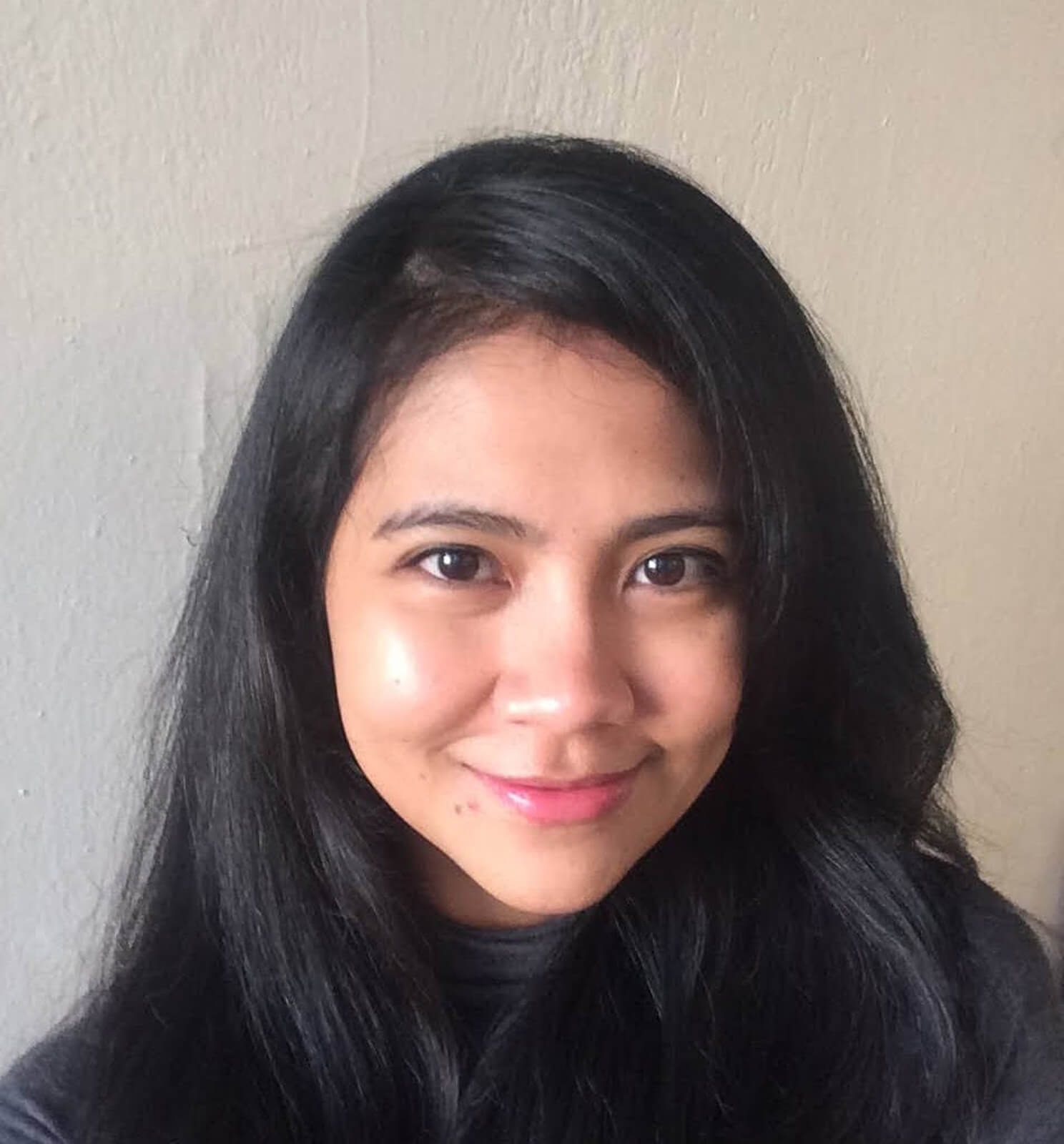
In May 2023, the Business Insider published an article titled “RIP Metaverse: An Obituary for the Latest Fad to Join the Tech Graveyard,” signalling the gloomy future of the industry. The metaverse was on everyone’s lips just two years before, bolstered by promising claims. Back in 2021, it was almost a daily feature on various media outlets, showcasing its benefits for medical students, its potential for government and private sector applications, and more. However, the buzz around the metaverse abruptly ceased.
Far from the tech hubs of Palo Alto, California—most likely the exact location of what Business Insider refers to as the “Tech Graveyard”—ASEAN and the Republic of Korea (ROK) were undeterred by scepticism and continued to explore the potentials of the metaverse. The “ASEAN-ROK ICT Convergence Village” project in South Korea epitomises this exploration.
Meta, the parent company of Facebook, describes the metaverse as “the next evolution in social connection and the successor to the mobile internet”. On the other hand, consulting firm McKinsey characterises the metaverse as an evolving digital space, enabled by 3-D technology. This space leverages virtual reality (VR), augmented reality, and cutting-edge internet and semiconductor technologies to facilitate realistic online personal and business interactions.
Since 2020, sponsored by the Ministry of Science and ICT along with Busan Metropolitan City and managed by the National IT Industry Promotion Agency, the initiative has aimed to enhance ASEAN-ROK ICT exchanges and mutual growth in the Extended Reality (XR) industries. It supports collaboration between the two regions’ XR industries through infrastructure and production projects based on local ICT convergence technology.
The ASEAN-ROK Youth Metaverse Idea Contest was born as part of this effort. The Busan IT Industry Promotion Agency (BIPA), in collaboration with the Cultural Heritage Administration (CHA), the ASEAN-ROK Working Committee on Cultural Heritage Cooperation, and the ASEAN Secretariat, held the contest from August to November 2023. It aimed to encourage using metaverse technology to preserve and enhance cultural heritage among ASEAN youth.
Out of 183 university students from 10 ASEAN countries that applied, five teams from Viet Nam (Cú Mèo), Thailand (Tom Yum Goong), Malaysia (Creative Potatoes), Myanmar (KYAT), and Singapore (LASALLE College of the Arts Singapore) participated in the final session in Busan, South Korea, on 5-11 November 2023.
The winners had a unique opportunity to virtually present their project at the 3rd Working Committee Meeting for ASEAN-ROK Cultural Heritage Cooperation on 13 December 2023, in Chiang Rai, Thailand.
Views from the Finalists
“Before joining this contest, I thought the metaverse was solely for entertainment and relevant only during the pandemic, but I was wrong,” said 20-year-old Warittorn Duangtongpul, a member of the Tom Yum Goong team.
Warritorn explained how the event in Busan, a city where the metaverse is key to cultural and tourism efforts, changed his perspective. “They showed us, rather than telling us, how they use the metaverse to promote their cultural heritage. We visited science and technology museums, among other places, and saw how they made exhibitions far more interactive with VR technology,” he continued.
“It was the first time I saw Busan in real life,” echoed Teerapat Ramdit, 21, also from team Tom Yum Goon. ”When I googled it, I thought Busan was an old city, but once I got there, everything changed my mind. Everything is convenient for tourists, they brought up early innovation, and everything is easy to know, to learn with just our mobile phone,” he added.
Carla Castle, 27, majoring in art management at LASALLE College of Arts Singapore, shared a different perspective. Unlike the other teams that are mostly majoring in IT and Computer, she highlighted how their background in art management positions them uniquely for adopting technologies to preserve cultural heritage. “We are going to be the ones who kickstart the projects,” she said.
She also reflected on the differences in cultural policy between Korea and Singapore. “It’s interesting how South Korea utilises its cultural heritage as a form of grand cultural diplomacy and policy. In contrast, in Singapore, we don’t seem as concerned with commercial viability since much of our cultural and arts funding, around 90 per cent—if I recall correctly—comes directly from the government. This contrasts with South Korea, where there’s a real concern over commercial viability due to lesser reliance on public funds. This difference has given us a new perspective on what to consider when creating cultural experiences for audiences.”
Chin Yee Khor and Sin Yi Tan, both 22, from Creative Potatoes also highlighted the impact of mentorship on reviewing their project’s market viability. Chin noted, “The mentors’ emphasis on market considerations influenced us to make strategic adjustments to our project, ensuring it was not only innovative but also marketable.” Sin added, “The feedback helped us see our limitations in scalability and sustainability. The industrial visits in Busan, especially, broadened my understanding of XR technology’s advancement.”
Meanwhile, 23-year-old Thwin Htoo Aung from Team KYAT reflected on the entire journey as an unforgettable chapter, opening new worlds of possibilities with metaverse technology. “A visit to Busan became more than a destination; it became a muse for our metaverse journey. We made friends with fellow creators from ASEAN countries. These friendships are for a lifetime. Yeah, this is an experience I will never forget.”
Phuc Nguyen Nguyen, 21, the leader of the winning team Cú Mèo, saw the contest as a bridge to understanding how cultural heritage preservation could be seamlessly integrated into everyday life. By blending it with fashion, they aimed to make cultural heritage more relatable and engaging.
“Participating in the competition gave us the chance to learn more about metaverse and XR technology, allowing us to ‘level up’ our original idea and align cultural heritage with global trends,” she shared.
She further elaborated on the challenges and aspirations associated with their project. “The topic of cultural heritage has always been extensively discussed; however, it is a broad field that requires a lot of effort and knowledge. Therefore, we do not think one simple project could adequately capture the beauty and uniqueness of ASEAN countries’ cultural heritage. Although we cherish cultural heritage greatly, we do not believe that our initiative could represent the cultural heritage of the ASEAN nations. In our project, we only intended to experiment in our motherland, which we understand the most. Should our project successfully operate, we will develop it widely in the ASEAN region. Hopefully, in the future, the world will witness the splendour of the ASEAN nations’ cultural legacies.”
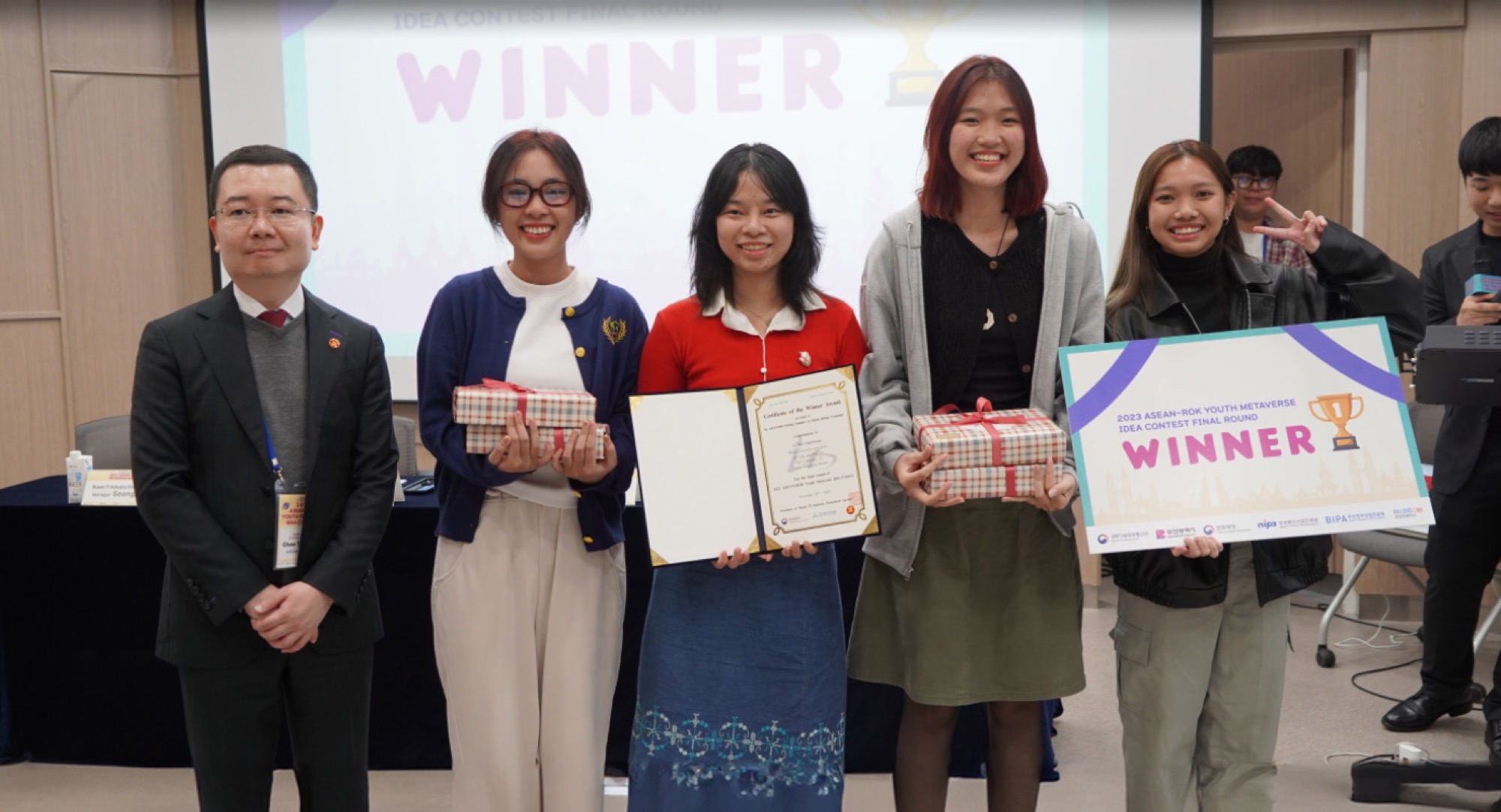
Cú Mèo
(First Place Winner)
FPT UNIVERSITY, HO CHI MINH CAMPUS, VIET NAM
Team Members:
Phuc Nguyen Nguyen, Quynh Huong Vu, Thuy Duong Vu, Ngoc Minh Tu Phan
Project Name/Description:
“INXPIRE: The Reborn”, a project that combines art, fashion, and the metaverse aiming to bring Viet Nam’s cultural heritage closer to the younger generation.
“We are all girls who studied Multimedia Communication. The main reason we participated in this contest is to challenge ourselves and learn more about metaverse, which we think is compelling and full of potential.
“When we decided to take part in this contest, we thought that preserving and developing cultural heritage is a big deal and so unrelated to our daily life, that it is the job of the authorised people, not of ordinary ones like us.
However, the more we worked on the project, the more we wanted to change that notion. We came to the point of realisation that preserving and developing cultural heritage can simply come from being aware of the existence of the heritage and passing it on to current and future generations. That is the reason why we chose to combine cultural heritage and fashion – one of the most essential elements of our daily life. Participating in the competition gave us the chance to learn more about metaverse and XR technology. Therefore, we can ‘level up’ our original idea, making the concept of cultural heritage more interesting and catching up with world trends.” – Phuc Nguyen Nguyen.
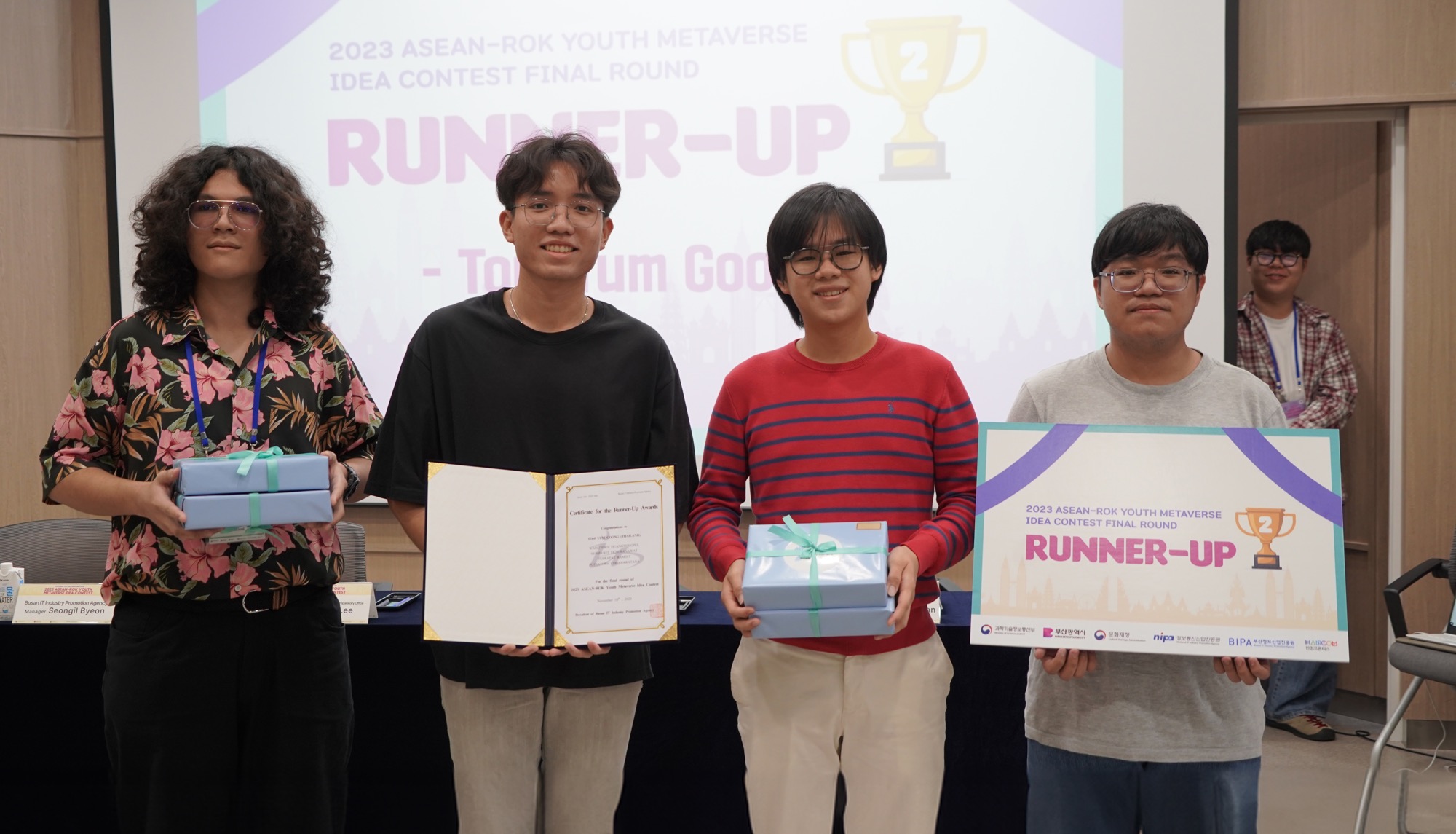
Tom Yum Goong
(Second Place Winner)
KING MONGKUT’S INSTITUTE OF TECHNOLOGY LADKRABANG, THAILAND
Team Members:
Nonpawit Ekburanawat, Teerapat Ramdit, Potsatorn Choavaratana, Warittorn Duangtongpul
Project Name/Description:
Go Thailand, an all-in-one mobile application for tourism in Thailand.
“Our inspiration came from my trip to Nakhon Si Thammarat, a lesser-known secondary city in Thailand. I arrived with no expectations, only to be pleasantly surprised by its stunning nature, culture, and temples. It left me wondering why I hadn’t heard of this place before. The issue, I believe, lies in the inadequate promotion of such secondary cities, preventing people from appreciating their cultural heritage. Additionally, navigation and language barriers pose challenges for tourists. For instance, as a foreign visitor, the difficulty is compounded by the locals’ limited English proficiency, making it hard to communicate or seek directions, further obscuring the city’s treasures.
“Our research revealed that tourists’ appreciation of culture is often hindered by a lack of understanding of its origins. To tackle this, we’re integrating XR technology into a mobile app, making cultural exploration more interactive and accessible via smartphones. This app, aimed at enhancing the tourist experience in lesser-known cities like Nakhon Si Thammarat, offers detailed insights and virtual tours, filling gaps left by platforms like Google Maps. It includes a VR option for an immersive experience, allowing users to explore the city’s cultural landmarks, such as temples, from anywhere, even at home, thus bringing the city’s heritage to a global audience in a novel and engaging way.” – Nonpawit Ekburanawat.
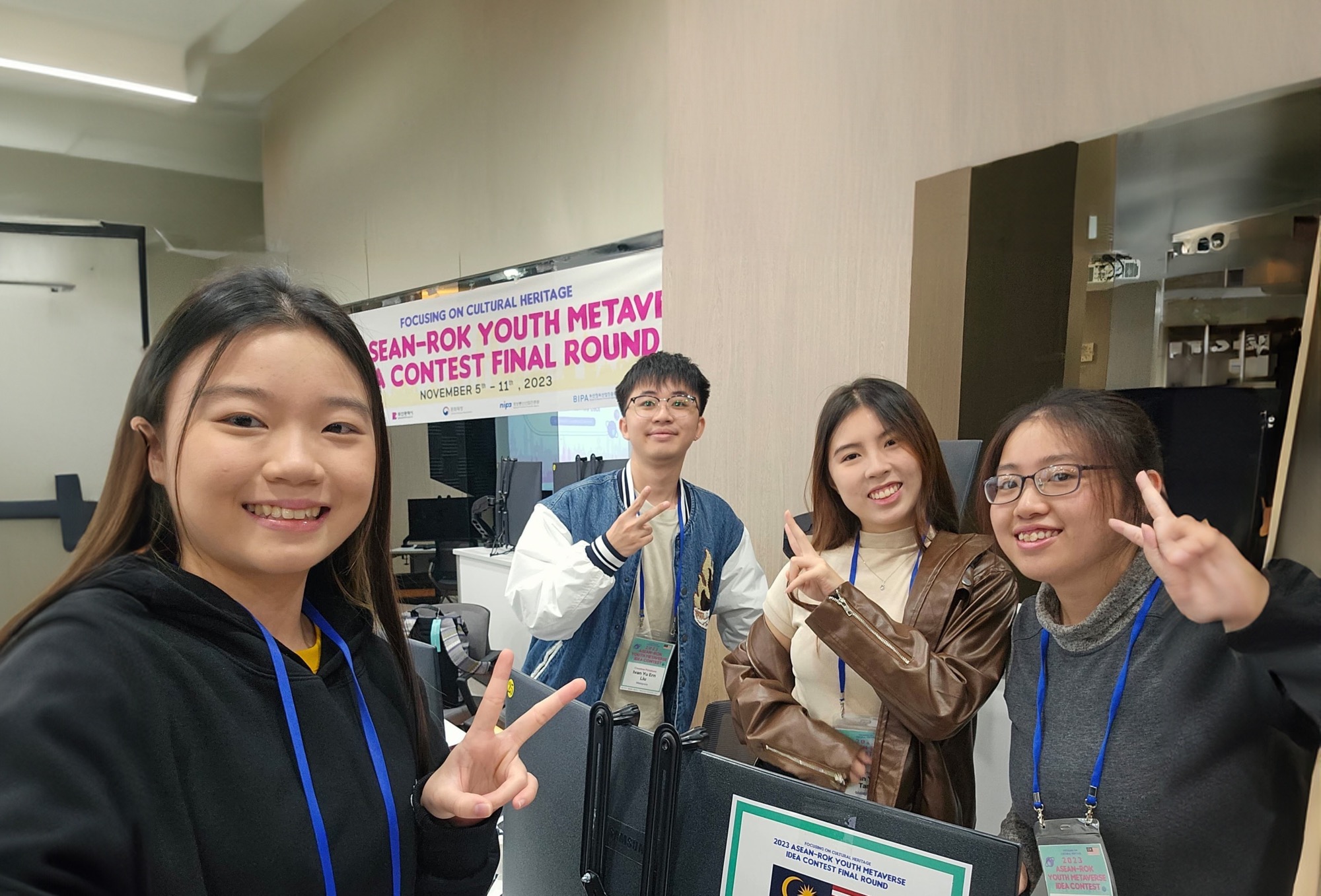
Creative Potatoes
(Third Place Winner)
ASIA PACIFIC UNIVERSITY OF TECHNOLGY AND INNOVATION, MALAYSIA
Project Name/Description:
Music Across Malaysia, an immersive digital world where users from around the globe can engage with Malaysia’s blend of modern and traditional musical instruments and scenes.
”No one on the team was a musician nor played a traditional musical instrument in their life and no one actually built a metaverse before. So, all of this was very hard for us. We decided to interview experts in traditional music. They provided us with a lot of understanding about the current state of the music scene and advice on what they would like to see in this application. We also interviewed Malaysia’s top XR technology company, Virtual Tech Frontier, where they provided us with valuable feedback on our application and the specifics of the amount and time needed to build this metaverse. All of this support was valuable for us and it helped us to understand the problem, how to build the solution and how to further sustain it.
“This application is highly customisable to each country. Not only can each country add their own instrument, but they could also add their own art that represents them to build the world around them. Even though every country in ASEAN may have a different culture and heritage, music is something that we all enjoy and it represents us. No matter if it is modern and traditional, our music should be heard by others and continue to help this industry grow.” – Ivan Liu Yu Ern.
Team Members:
Ivan Yu Ern Liu, Sin Yi Tan, Yi Juan Yeo, Chin Yee Khor
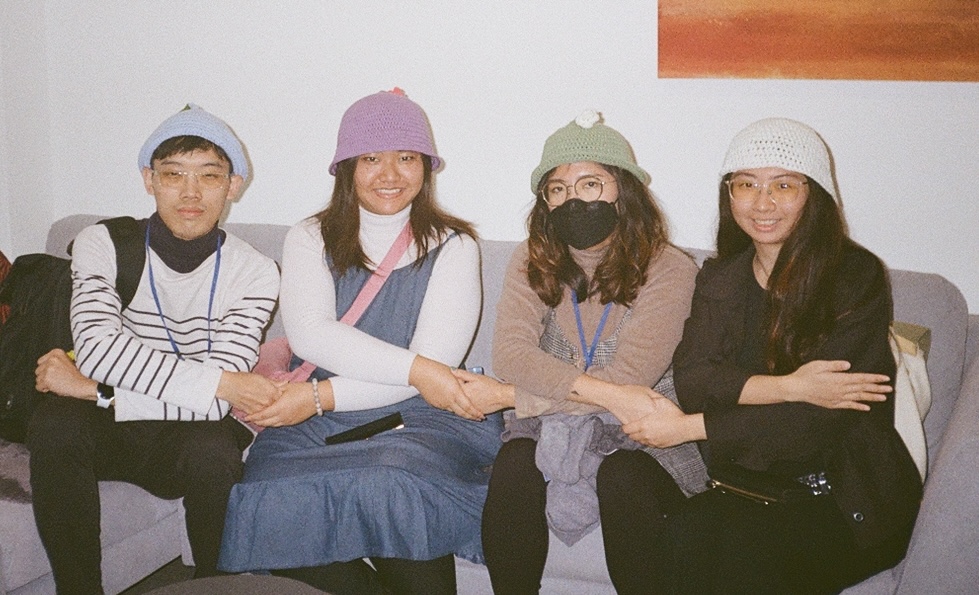
LASALLE
LASALLE COLLEGE OF THE ARTS SINGAPORE
Team Members:
Carla Castle, Shi Hui Angelina Ang, Yan Bing Lim, Lionel Yu Suen Fong
Project Name/Description:
Empowering Cultural Preservation; Responsible Tourism
“We’ve identified a gap in how culture and heritage are currently being digitised. People often assume that simply placing a digitised site into the metaverse is sufficient. However, for us as cultural/art managers, this approach falls short. These sites need to connect with people meaningfully. It only becomes significant if you’re familiar with the culture and understand its importance. For those outside the community, we aim to ensure they grasp why these cultural elements are significant. Therefore, technology serves merely as a medium for communication, another way to connect with people. The underlying inspiration comes down to this: as cultural managers, why are we undertaking this? It’s to bring people together.
“Our focus is on the intangible aspects of Southeast Asian heritage, moving beyond well-known sites like Angkor Wat or Bali to highlight the unique nuances of each culture. Recognising the challenges of physical presence and the potential harm excessive tourism can cause communities, we strive to represent this culture in a manner that fosters understanding without direct exposure or disruption to the communities’ livelihoods.” – Carla Castle.
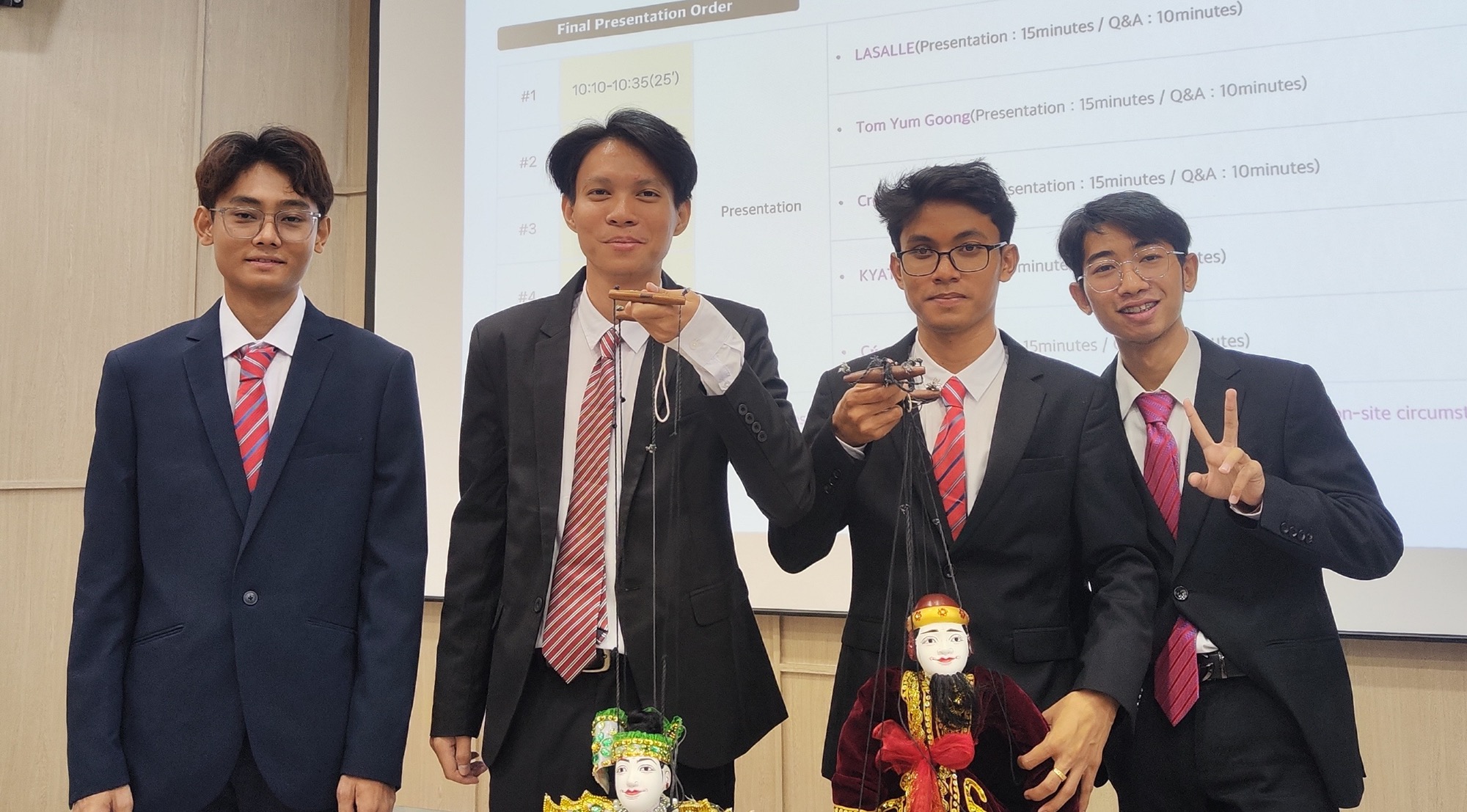
KYAT
UNIVERSITY OF TECHNOLOGY (YATANARPON CYBER CITY) IN MYANMAR
Team Members:
Thwin Htoo Aung, Ye Win Htet, Aung Phone Pyae, Kaung Thant
Project Name/Description:
Yoke The’: Preserving the rich cultural heritage of Myanmar puppetry through metaverse.
“Our primary goal is to fuse Myanmar traditional puppetry with metaverse technology, creating a digital platform to preserve and promote the rich cultural heritage of our traditional puppetry through an interactive and entertaining experience. We’ve designed it to be accessible to anyone from the ASEAN region, transforming viewers into active participants in this cultural festivity.
“This project is an educational tool for schools and cultural institutions, aiming to expand it with more characters, improved user interface and user experience, and the ability for users to customise puppet designs and backgrounds. This will enable users to share a stage and dance together. Recognising the technological gaps in my country, we are open to and actively seeking technological partnerships within and beyond the ASEAN region.” – Thwin Htoo Aung.




